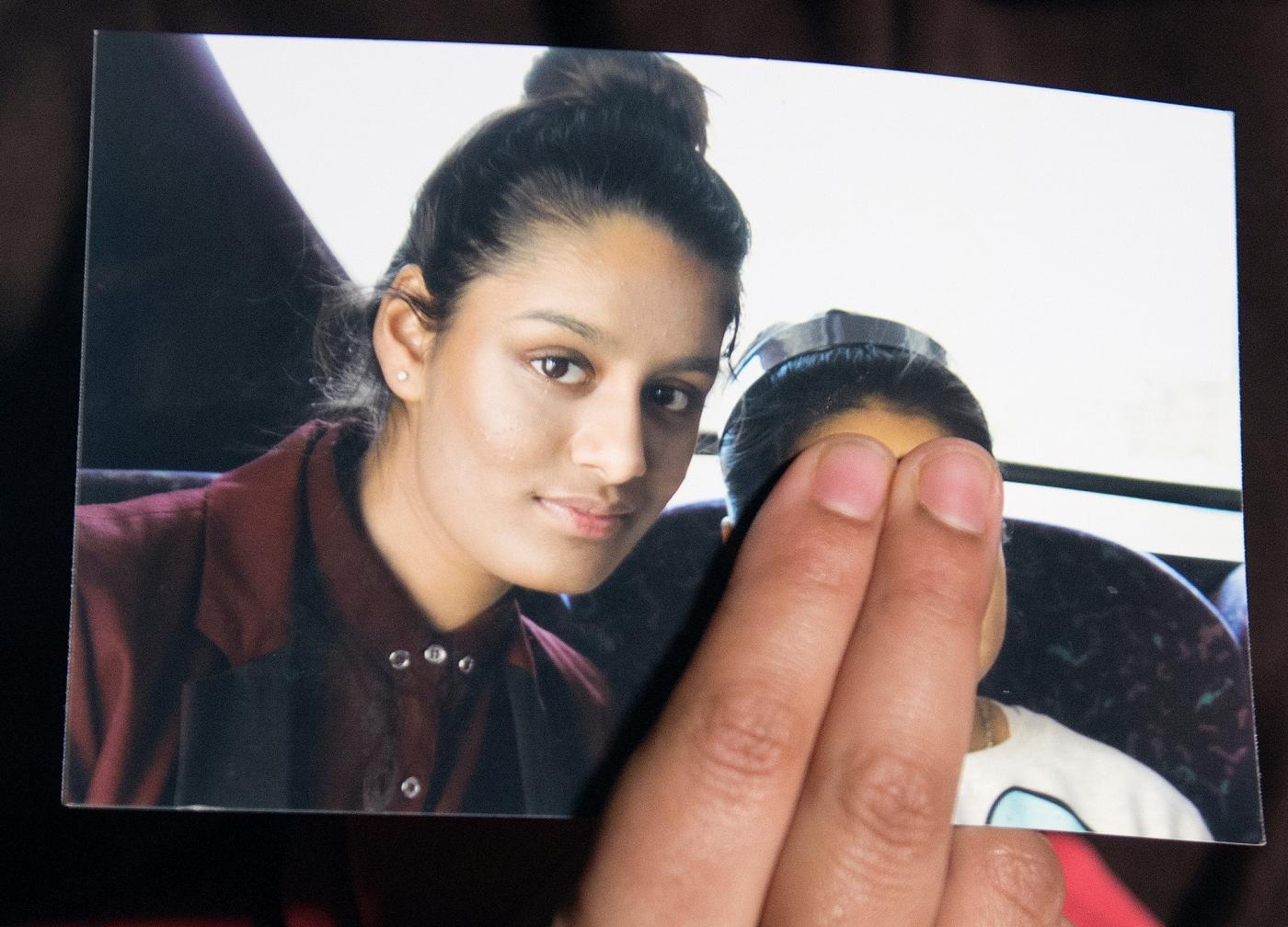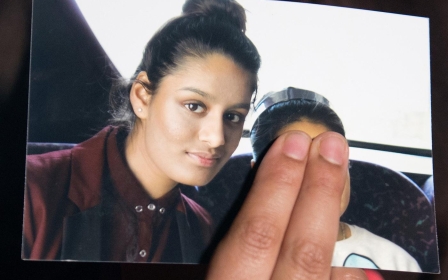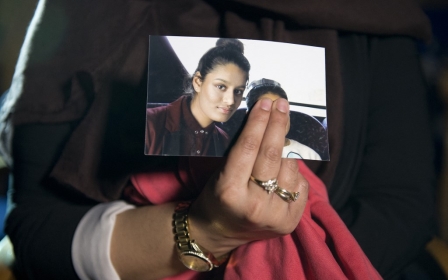Immigration court to rule on Shamima Begum British citizenship case

An immigration court in London will rule this week on whether Shamima Begum, who fled Britain to join the Islamic State (IS) group in Syria aged 15, has won her appeal against the UK government who revoked her British citizenship.
The Special Immigrations Appeals Court (SIAC) will release its judgement on Wednesday, while Begum continues to languish in a Kurdish-run detention centre in northern Syria.
Begum left her home in Bethnal Green, East London, with two school friends, Amira Abase and Kadiza Sultana, in 2015.
In 2019, Begum was stripped of her citizenship after she was found in northeastern Syria, held in a camp for the families of suspected IS fighters and people fleeing IS territory as western-backed Kurdish-led forces defeated the militant group.
She has since remained in the camp, where she gave birth to a baby who died weeks later. Begum had previously said that she had lost two other children, also born in Syria.
Begum is seeking to overturn the revocation of her citizenship in a hearing at SIAC in the latest stage of an ongoing legal battle that has already seen details of her case considered in the Court of Appeal and the Supreme Court.
'Two-tier' citizenship system
SIAC hearings, which often involve evidence provided by the security services, typically hear some evidence in open court and others in closed sessions, from which even appellants and their lawyers are excluded.
Last year, Begum's lawyers told SIAC she was a victim of human trafficking and that Britain created a "two-tier" system of citizenship by taking away her passport.
Begum's lawyers also said she had been groomed online and trafficked to Syria to join the militant group.
But lawyers representing the UK government hit back at the claims and said then-Home Secretary Sajid Javid revoked her citizenship on national security grounds.
The British government argues that Begum, born in the UK, is entitled to Bangladeshi citizenship through her parents. However, Bangladeshi authorities have rejected claims she is a Bangladeshi national.
Dan Squires, representing Begum, told the court that she could face the death penalty if sent to Bangladesh and that she has been left effectively stateless.
Home Office documents shared with the court showed that Begum's "de-jure statelessness" was confirmed only the day before her citizenship was revoked.
A serving MI5 officer, who led a team investigating terrorist activity in Syria and Iraq in 2019, also addressed the court and claimed Begum was aware of what the Islamic State group "was doing as a terrorist organisation at this time".
Speaking from behind the curtain, the MI5 agent, identified to the court as Witness E, said the security services did not determine if Begum was trafficked and focused solely on identifying threats to national security.
"In my mind, it is not conceivable that an intelligent and articulate 15-year-old could not know what ISIS was doing, so in some respects, yes, I do believe she would have known what she was doing and had agency in doing so," Witness E told the court.
"MI5 are experts in national security threats and not experts on the definition of trafficking... [the security services] recognise that victims can very much [also] be a threat."
Middle East Eye propose une couverture et une analyse indépendantes et incomparables du Moyen-Orient, de l’Afrique du Nord et d’autres régions du monde. Pour en savoir plus sur la reprise de ce contenu et les frais qui s’appliquent, veuillez remplir ce formulaire [en anglais]. Pour en savoir plus sur MEE, cliquez ici [en anglais].




